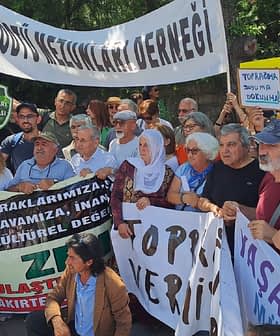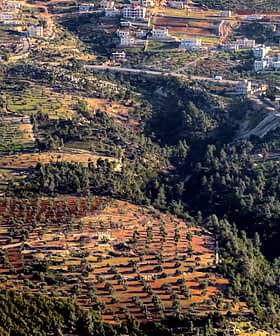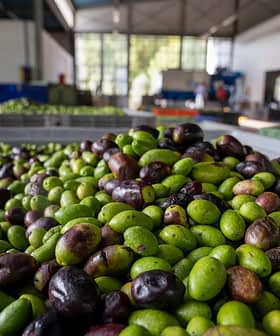As Lawsuits and Losses Pile Up, Bayer Seeks to Demonstrate Transparency
Bayer says it will open laboratory studies of new pesticides to outside observers amid mounting legal challenges.
Bayer has announced a new transparency initiative allowing the public to observe pesticide safety tests in its laboratories, following a $265 million award to a farmer who claimed a Bayer pesticide damaged crops. The initiative, called OpenLabs, will allow visitors to observe one real regulatory safety study in depth at a field location and analytics lab in Monheim, Germany starting in April 2020.
Bayer, the multinational pharmaceutical and agriculture giant, has announced a new transparency initiative that will allow the public to visit one of its laboratories where pesticide safety tests are done.
The move comes as jurors in a Delaware federal court awarded $265 million to a Missouri farmer who contended that a Bayer pesticide, dicamba, damaged supposedly resistant crops after being blown onto them by the wind. Bayer said it plans to appeal the ruling.
(Visitors will be able to observe) one real regulatory safety study in depth which will be conducted at one field location and one analytics lab.
The company also faces more than 140 additional lawsuits related to dicamba in the American Midwest alone and is already in the process of settling thousands of lawsuits related to Roundup, the formerly popular weedkiller, which has since been suspected of causing cancer.
Both Roundup and dicamba are products of Monsanto, which was purchased by Bayer in 2018.
See Also:Europe Okays Controversial Weed Killer“By expanding the scope of our efforts in transparency, we are reinforcing our commitment to continually raising the bar on transparency standards around our agricultural innovations in every area where we work,” Bob Reiter, Bayer’s head of research and development in its crop science department, said in a press release.
Starting in April 2020, the public will be able to visit Bayer’s labs and test fields in Monheim, Germany, to observe the company’s scientists conduct laboratory studies, which are required for regulatory approval of new pesticides.
“[Visitors will be able to observe] one real regulatory safety study in depth which will be conducted at one field location and one analytics lab,” Charlotte Morr, the crop science data transparency manager at Bayer, said. “The program will show the process of safety testing under ‘good laboratory practice’ conditions with the involvement of quality assurance staff.”
Visitors at the upcoming program will observe how a specific Bayer pesticide will be applied for a regulatory study, according to “good laboratory practice” standards – an internationally recognized system for quality control measures used in non-clinical experiments.
The next day, previously harvested crops will be analyzed for pesticide residues in the lab. This is to ensure that the use of Bayer’s products is safe for consumers when applied according to the label-instructions.
Known as the OpenLabs initiative, Bayer hopes that by opening up the process it can confront the skepticism and lack of trust that farmers, scientists and the general public have long harbored toward industry-funded studies and science.
Sebastien Sauvé, a professor at the University of Montreal, is among those who have expressed wariness of the reliability of industry-funded studies, in general.
“When perusing the scientific literature on pesticides, it is difficult to screen out what has been designed objectively and what has been funded by industry with a potentially biased intent,” he wrote in an op-ed in The Conversation. “The recent obligation of scientists to declare conflicts of interest has been essential to trust the results.”
Bayer cannot yet say which of its products will be tested during the event because the tests have not been scheduled yet.
“Depending on the time of the year, the application of a product or the harvest of the crop will be presented,” Morr said. “In spring, it will be the product application process.”
“We are dependent on the weather conditions and the growth stage of the plants,” she added. “The process of testing is in the focus of the program rather than the crops or products tested.”
Depending on how this first trial goes, Bayer may expand the program to other locations. Bayer currently operates in 90 different countries, although not all of these locations are involved with its agricultural activities.
“We will evaluate the potential to expand this program to other sites and study types based on the experiences from our residue study pilot in Monheim,” Morr said. “We are committed to continually enhancing transparency standards around the process used to assess the safety of our products and we are also committed to talking openly about our innovative and sustainable solutions in agriculture with the interested public.”









